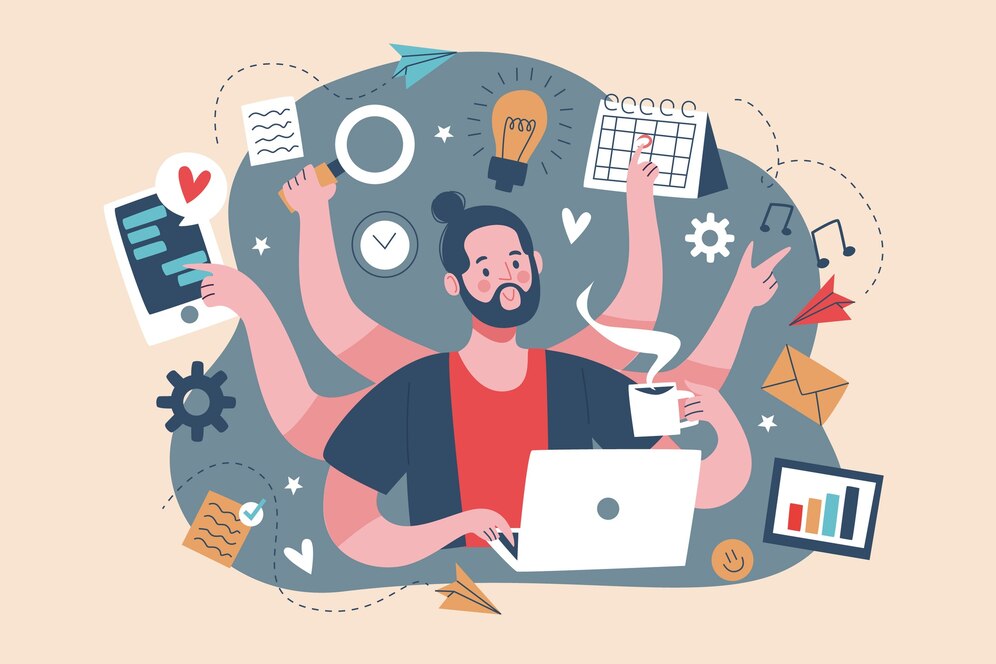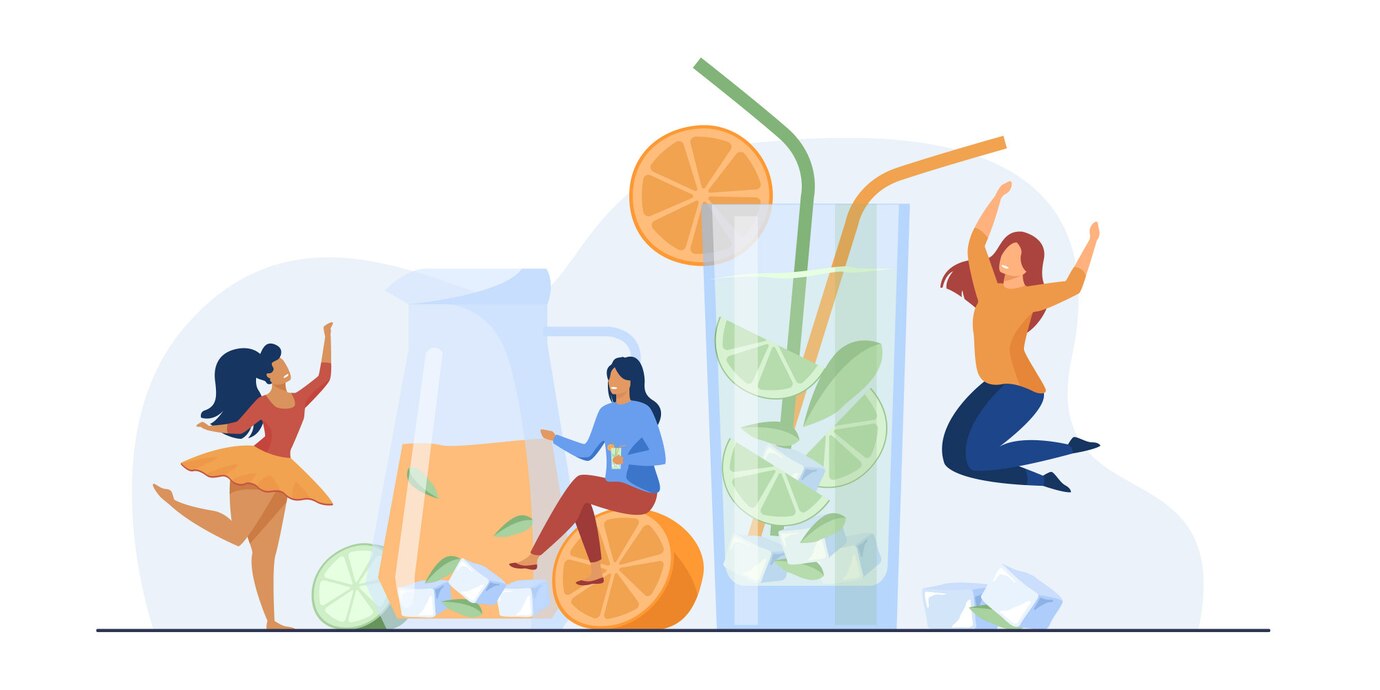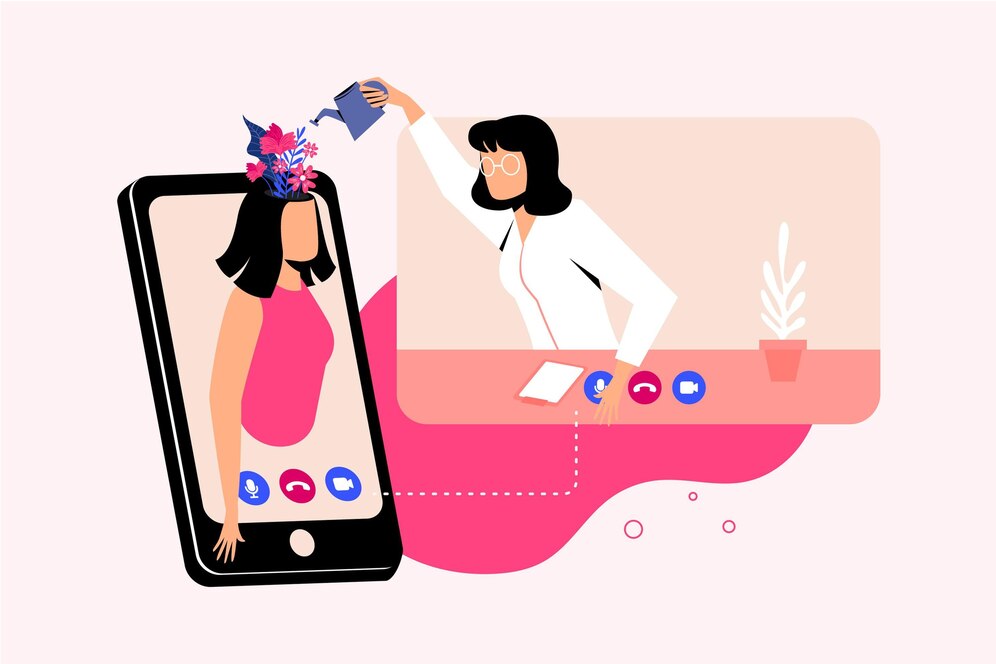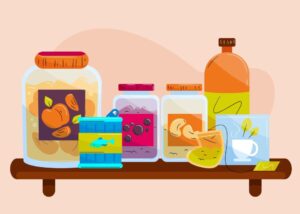We live in an era of instant gratification. From 10-minute workouts to “get rich quick” schemes, the internet is flooded with life hacks promising to revolutionize productivity, health, and happiness. But how many of these viral trends and tips actually hold up under scientific scrutiny? In this deep dive, we’ll dissect popular life hacks, separate fact from fiction, and reveal modern, evidence-based solutions that deliver real results.
- Why Do Myths Go Viral? The Psychology Behind "Quick Fix" Culture
- Debunking Viral Productivity Hacks: What Science Says
- Health Trends Under the Microscope: Separating Fact from Fad
- The “Quick Fix” Trap: Why We Keep Falling for It
- What Actually Works? Evidence-Based Alternatives
- Conclusion: Embrace Critical Thinking, Ditch the Hype
Why Do Myths Go Viral? The Psychology Behind “Quick Fix” Culture
Before debunking myths, it’s worth understanding why they spread. Social media algorithms reward sensationalism over nuance, and our brains are wired to seek shortcuts. A 2021 study in Nature Human Behaviour found that people are more likely to share simplified, emotionally charged content—even if it’s inaccurate. This creates a perfect storm for life hacks that sound too good to be true (because they often are).
Debunking Viral Productivity Hacks: What Science Says
Myth #1: Multitasking Makes You More Efficient
The Claim: Juggling emails, calls, and tasks simultaneously boosts productivity.
The Reality: Multitasking is a myth. Research from Stanford University reveals that switching between tasks reduces focus, increases errors, and drains mental energy. A 2023 meta-analysis in Psychological Science found that multitaskers take 40% longer to complete tasks than those who focus on one activity at a time.
Modern Solution: Practice monotasking. Tools like the Pomodoro Technique (25-minute focused work intervals) or time-blocking calendars improve efficiency by aligning with our brain’s natural attention span.

Myth #2: The 4-Hour Workweek for Everyone
The Claim: Tim Ferriss’s iconic book suggests automating tasks and working minimal hours to achieve success.
The Reality: While automation tools (e.g., AI schedulers) help, the “4-hour” model ignores industries requiring deep work, like healthcare or creative fields. A 2022 survey by FlexJobs found that only 12% of professionals could realistically adopt this model without sacrificing quality.
Modern Solution: Prioritize output over hours. Use tools like Trello or Notion to streamline workflows, but tailor your schedule to your field’s demands.
Myth #3: “Eat the Frog” (Tackling Hard Tasks First)
The Claim: Brian Tracy’s mantra argues that doing the hardest task first ensures productivity.
The Reality: For night owls or those with energy fluctuations, this approach can backfire. Chronobiology studies show that peak productivity times vary by individual. Forcing a morning person’s routine on a night owl lowers performance by up to 30% (Sleep Medicine Reviews, 2020).
Modern Solution: Follow your circadian rhythm. Track your energy levels for a week using apps like Bearable, then schedule demanding tasks during peak focus windows.
Health Trends Under the Microscope: Separating Fact from Fad
Myth #1: Juice Cleanses “Detoxify” Your Body
The Claim: A 3-day juice cleanse flushes toxins and boosts energy.
The Reality: Your liver and kidneys already detoxify your body. Juice cleanses often lack fiber, protein, and essential fats, leading to blood sugar spikes and muscle loss. A 2022 review in Journal of Human Nutrition and Dietetics found no evidence supporting detox claims, noting that participants often regain lost weight post-cleanse.
Modern Solution: Opt for a balanced, fiber-rich diet with whole fruits, vegetables, and hydration. For sustained energy, pair carbs with protein (e.g., apple with almond butter).

Myth #2: 10,000 Steps a Day for Optimal Health
The Claim: Walking 10,000 steps daily is the gold standard for fitness.
The Reality: This number originated from a 1965 Japanese pedometer campaign, not science. A 2023 JAMA Internal Medicine study found that 7,000–8,000 steps reduce mortality risk by 50–70%, with diminishing returns beyond that.
Modern Solution: Focus on movement quality. Incorporate brisk walking, strength training, or yoga based on your goals. Use a fitness tracker to monitor heart rate zones, not just steps.
Myth #3: Ice Baths for Rapid Recovery
The Claim: Ice baths reduce muscle soreness post-workout.
The Reality: While cold therapy numbs pain short-term, a 2021 Sports Medicine study found it can hinder muscle growth and repair by reducing inflammation, a natural part of recovery.
Modern Solution: Alternate heat and cold therapy. A 2020 Journal of Athletic Training study recommends contrast therapy (e.g., sauna followed by cool showers) to improve circulation without stifling recovery.
The “Quick Fix” Trap: Why We Keep Falling for It
Even when we know better, the allure of shortcuts persists. Behavioral economists attribute this to the hyperbolic discounting bias: our tendency to prioritize immediate rewards over long-term benefits. For instance, buying a “fat-burning” tea feels easier than committing to a sustainable diet.
How to Resist:
- Fact-Check Claims: Search for peer-reviewed studies or .gov/.edu sources.
- Beware of Survivorship Bias: Just because one influencer succeeded with a hack doesn’t mean it’s universally effective.
- Embrace Incremental Change: As James Clear writes in Atomic Habits, “Improving by 1% daily compounds into remarkable results.”
What Actually Works? Evidence-Based Alternatives
For Productivity: The “Two-Minute Rule”
Popularized by David Allen’s Getting Things Done, this rule states: If a task takes less than two minutes, do it immediately. Science backs this—completing small tasks reduces cognitive load and decision fatigue (Harvard Business Review, 2022).
For Health: Nutrient Timing Over Fad Diets
Instead of keto or intermittent fasting dogma, focus on when you eat. A 2023 Cell Metabolism study found that aligning meals with daylight (e.g., eating breakfast within an hour of waking) improves metabolism and reduces late-night cravings.
For Mental Wellness: Digital Minimalism
Cal Newport’s concept of intentional tech use—deleting apps that don’t add value—is proven to reduce anxiety. A 2021 Journal of Social Psychology study linked “doomscrolling” to a 27% increase in stress hormones.
Conclusion: Embrace Critical Thinking, Ditch the Hype
Life hacks aren’t inherently bad—many offer creative solutions. However, blindly following trends without scrutiny wastes time and energy. By applying science-backed strategies and honoring your unique needs, you’ll build sustainable habits that outlast viral fads.
- Share Your Experience: Have you tried a viral hack that flopped? Let’s discuss in the comments!


